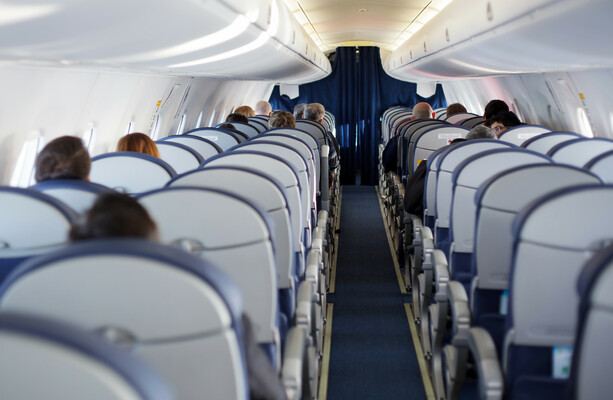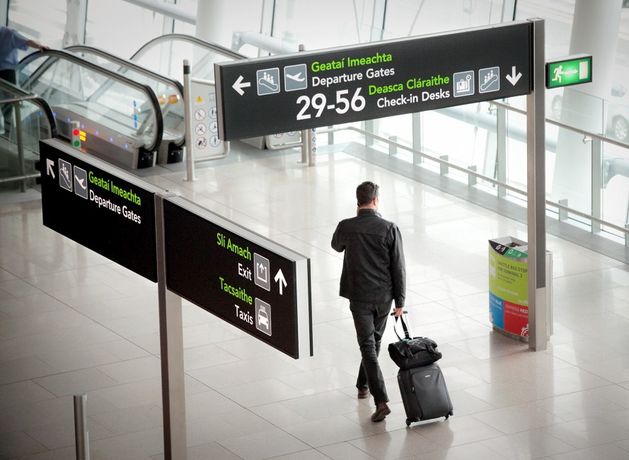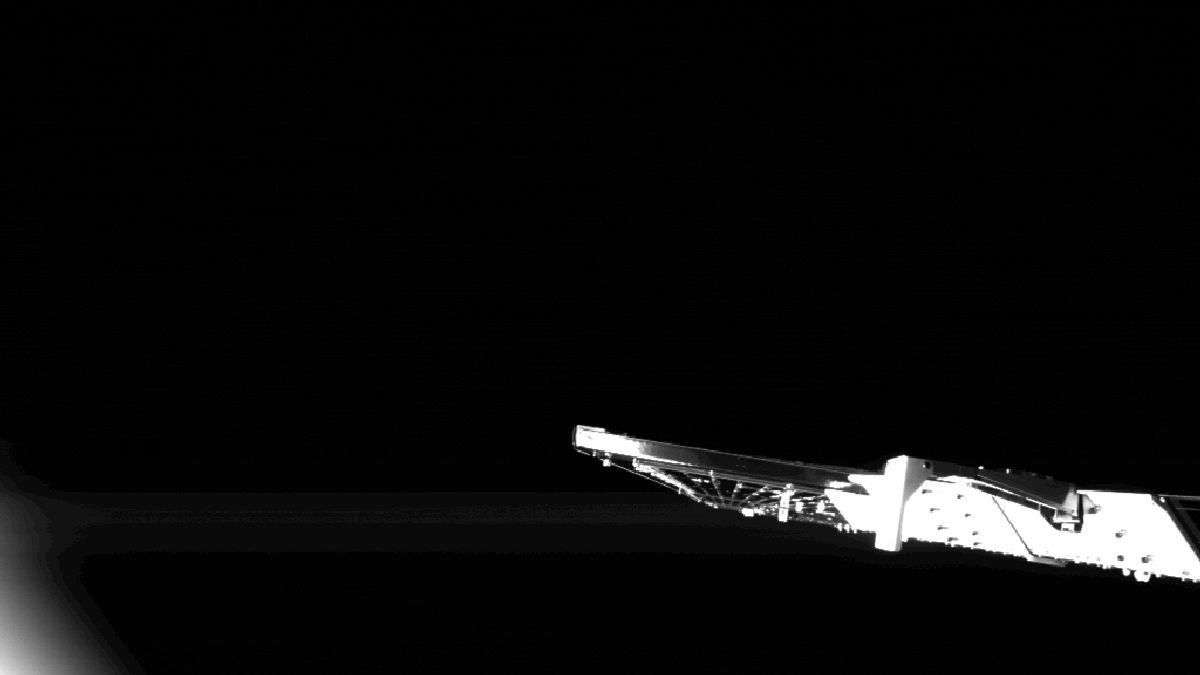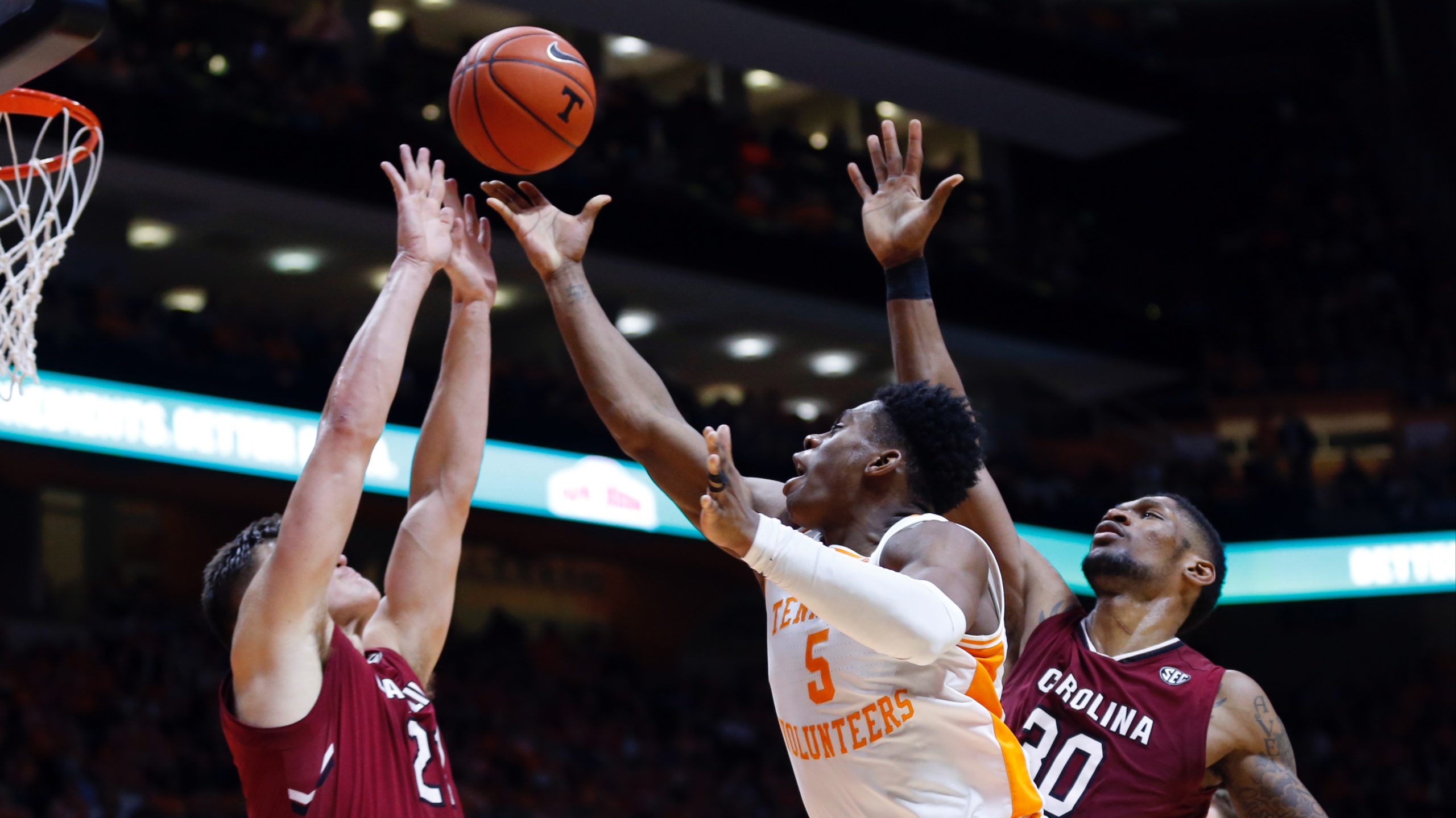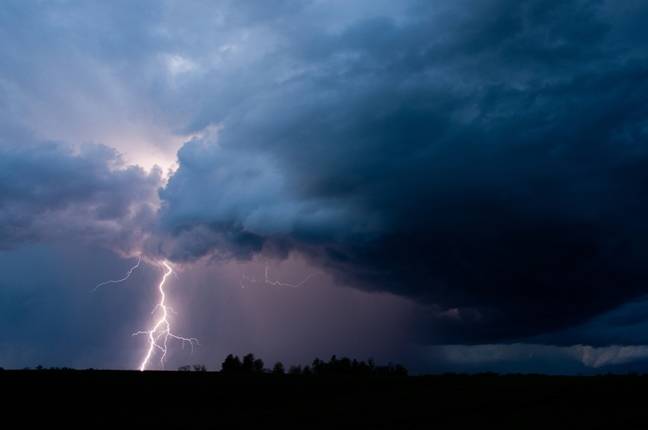Participants questioned reports of airlines operating empty or nearly empty flights due to EU airport rules, saying the problem was « a little exaggerated ».
The European Union has come under fire over the issue after Lufthansa said it will fly 18,000 « non-essential » flights this winter as a result of European Commission rules, which state that airlines must use a certain percentage of time slots at airports to avoid missing out.
Climate activists have targeted the European Union, including Swedish climate activist Greta Thunberg who said: « The European Union is definitely in a climate emergency… »
Lufthansa later clarified that the flights, which were described in some publications as « ghost flights », would not be empty but some would be below capacity and « with only a few passengers on board ».
But Andrew Murphy, aviation director for the NGO Transport and Environment and a member of Ireland’s Climate Change Advisory Board, played down the reports and allegations.
« The phrase being used is ‘stealth flights,’ which refers to planes flying empty or nearly empty, » Murphy said. the magazine.
As we understand it, the problem is that too many flights lead to losses. So the airline doesn’t get the usual load factor of 80 or 90 percent, which means its planes fly at a loss.
« Obviously, from an environmental point of view, flying planes with fewer passengers is a bad thing. »
The European Commission is currently requiring airlines to retain 50% of the slot chain to retain historical rights to these slots at airports. This will rise to 64% for this year’s March-October summer cruise season. The figure was 80% before the outbreak of the epidemic.
However, Murphy suggested that the situation was related to a political battle between legacy airlines and their low-cost counterparts.
Last week, Ryanair criticized Lufthansa’s « crocodile tears » over non-essential flights, suggesting the German carrier should sell empty seats to customers at low prices.
“In essence, it is an issue between legacy and low-cost carriers. The commission changed the rules from 80 to 50%,” Murphy continued.
There are also other provisions for exceptional circumstances that may be used. But Lufthansa and other major airlines prefer to cancel the flight, but then they lose their places.
Low-cost carriers are eager to snap these openings and get into that space themselves. So there is a little bit of, I think, maybe some exaggeration by the old carriers.
Murphy also said that these time slot requirements are « not really a big deal » because they are found at « very busy and popular airports ».
“So in normal times, you don’t have that happening. It’s really a temporary issue when old airlines run flights that aren’t as full as they’d like.”
“It probably isn’t worth changing the European rules for her at the moment and I’m not sure the old carriers have fully endorsed any change to the European rules.
“Whether planes are half full or 90% full, the problem is that fossil fuels are burning, that fossil fuels remain untaxed, and at low prices, and reforming this legislation is more important than fiddling with the vent regulation which, in the grand scheme of things, is A very minor issue. »
‘Pollution is on the rise’
Oisin Coghlan, director of Friends of the Earth Ireland, agreed, saying the biggest problem for the future would be to reduce flight numbers altogether.
« There are seven billion people in the world, » he said, « and they won’t all be able to fly in 20 years as much as the Irish do now. » the magazine.
« Pollution from airlines is on the rise and must be reduced. »
He said the headlines about Lufthansa trips, many of which have been shared on social media in the past few weeks, would « make people think » what the point of me trying to save up for an electric car, thinking about retrofitting, worrying about recycling or My LED lights? «
« This is certainly frustrating and upsetting, but compared to the bigger picture, it’s just a drop in the sea, » he said.
I think the key question is: How are we going to reduce airline emissions in the future?
A Lufthansa spokesperson said: « All 18,000 flights will carry passengers and cargo, so don’t fly ’empty’. »
« The current regulation of the winter 2021/22 schedule in the EU was set before the Omicron variant occurred and is no longer appropriate to the current epidemiological situation, » they said.
The spokesperson said there should be more short-term exemption rules in place at EU take-offs and landings.
« In this way, several thousand non-essential flights with a small number of passengers on board can be avoided, » the airline’s spokesperson claimed.
A « justified not to use time slots » exception already exists when Covid measures « severely impede passengers’ ability to travel, » the panel has He said.
A Lufthansa spokesperson added: « For the duration of the winter schedule until the end of next March, we have counted about 18,000 non-essential flights. In other regions of the world, such as the USA, opening rules have been temporarily suspended due to the pandemic. »
They added that exemptions under the force majeure rule were taken into account on 18,000 flights « for which an exemption was not granted and which were not adequately booked ».
« Most of them work within Europe and this only applies to the period of the current winter schedule until the end of March 2022. »
said the speaker the magazine That figures for the number of seats filled on passenger aircraft are published on a quarterly basis only, and that this will not be measured for these « non-essential » flights.
« However, from an economic point of view, and therefore from an environmental point of view, it is not viable, » they said.
No news is bad news
magazine support
for you contributions You’ll help us keep delivering the stories that matter to you
Support us now
In a statement, the Ministry of Transport said it was involved in EU operations related to the rate of time slot usage at EU airports during the pandemic.
« The administration is aware of allegations of so-called ‘ghost flights’ by airlines to keep their schedules, but has no specific information in this regard, » the statement said.
Belgian Transport Minister Georges Gilkenette has written to the European Commission urging it to relax the time slot rules, arguing that the consequences run counter to EU requirements to reach net zero emissions by 2050.
Inquiring whether Minister Ryan would do the same, the ministry said: “The communication from the Belgian Minister of Transport seeks to review the current rules on the use of slots and changes to the rules that will be applicable for the Summer 22 season.
« However, Ireland, along with other member states, have called on the Commission to consider maintaining some flexibility for the ’22/’23 winter season. »
Green Party spokesman for Transportation and Climate, Brian Leyden, said it was « a cause for concern » that airlines were operating « flights that are often empty just to maintain slots at airports ».
« It doesn’t seem very logical, and from my point of view, it should be looked at, » TD said. the magazine.
Other airlines
A Ryanair spokesperson said last week that the airline « does not operate mock flights » and an Aer Lingus spokesperson did not respond to a request for comment on the matter.
Michael O’Leary, the airline’s chief executive, has called on the European Commission to force airlines to release slots they « don’t want to use ».
A spokesperson for the International Air Transport Association (IATA) told AFP earlier this month: « Although we urged more flexibility at the time, the European Union agreed to a 50 per cent usage rule for each flight schedule/frequency served. » He held it for the winter. Obviously, this was unrealistic in the European Union this winter against the backdrop of the current crisis.”
He said the commission needed to show more « flexibility… given the significant reduction in passengers and the impact of Omicron’s numbers on planned crew schedules ».
A spokesperson for DAA, the operator of Dublin Airport, said the aviation business development and regulatory departments had not received any inquiries regarding the phantom flights.
A spokesperson for the European Commission recently said that the EU executive believes that « low overall consumer demand … is already reflected in a very low rate of 50 per cent compared to the usual rate of use of 80 per cent ».
« The Commission expects that flights will follow consumer demand and provide much-needed continuous air connectivity to citizens, » the spokesperson said.
Contains reports from © AFP 2022

